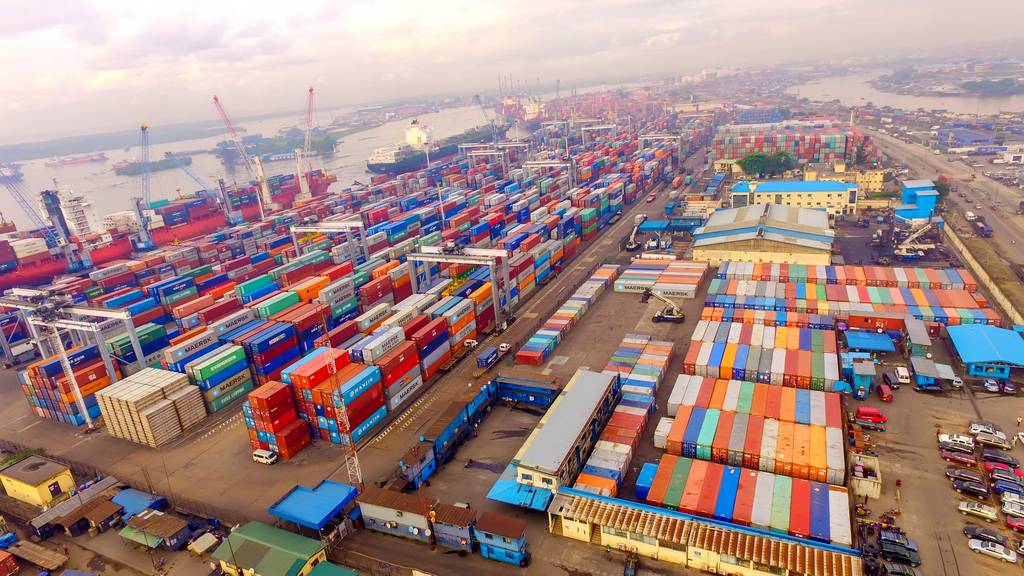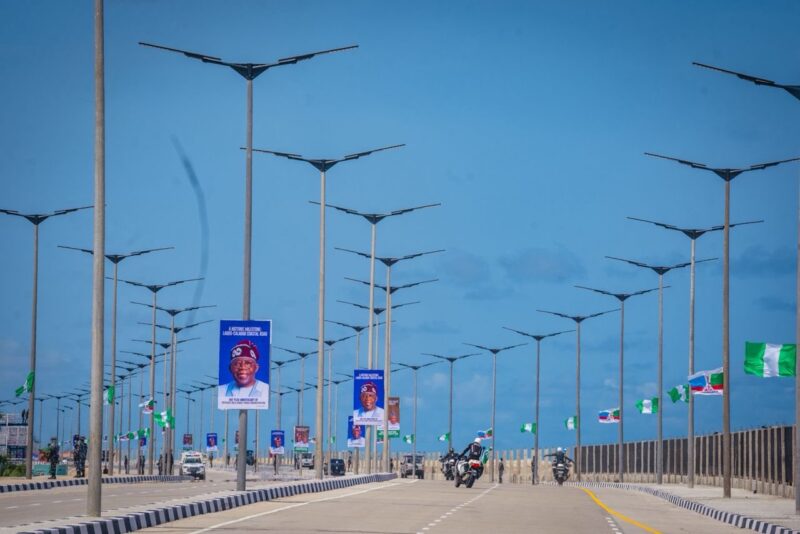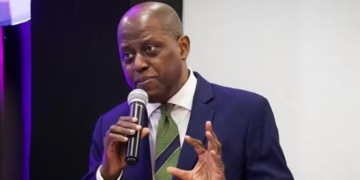Nigeria collects over ₦600bn in VAT from Facebook, Netflix, and Amazon under new tax reforms targeting digital service providers, FIRS confirms
Nigeria VAT digital services drive has delivered over ₦600 billion in revenue from global tech giants such as Facebook, Netflix, and Amazon, according to tax policy adviser Mr Mathew Osanekwu.
Also read: Nigeria condemns Israeli airstrike in Qatar
Speaking in Abuja during a media workshop, Osanekwu revealed that the Federal Inland Revenue Service (FIRS) successfully brought non-resident digital service providers into Nigeria’s tax net following key amendments to the Value Added Tax Act.
“These are not Nigerian entities, but they are now paying VAT under Section 10 of the VAT Act,” Osanekwu explained. “They are registered in Nigeria and are also appointed as agents of collection.”
The move aligns with global best practices and ensures Nigeria earns tax revenue from services consumed locally, even when delivered by foreign companies.
Since the VAT Act was updated, foreign platforms that previously operated tax-free now remit taxes directly to Nigerian authorities.
At the same event, Professor Taiwo Oyedele, Chairman of the Presidential Committee on Fiscal Policy and Tax Reforms, emphasized that President Bola Tinubu’s administration has not introduced new taxes.
“Some believe this president has introduced tax after tax, and I challenge them to point to one newly introduced tax,” Oyedele said.
He clarified that many debated levies, such as the 5% fuel surcharge, have been part of long-standing tax laws that predate the current government.
He also reminded the public that Tinubu suspended several unpopular taxes shortly after taking office, including excise duties on plastic products and imported vehicles introduced during the last days of the Buhari administration.
Oyedele described Nigeria’s tax system as being on the brink of failure as of May 2023, with foreign reserves depleted and the fuel subsidy crisis threatening total economic shutdown.
“The country’s fiscal system was running on fumes,” he said.
The 2026 tax reforms, set to take effect in January, aim to:
- Broaden the revenue base
- Consolidate multiple levies
- Tie taxes to project-linked, transparent spending
- Protect the poor while taxing higher-income earners fairly
Relief for Low-Income Earners and SMEs
Source: Read more at premiumtimesng.com
- Individuals earning less than ₦800,000 per year will pay zero personal income tax
- Small businesses earning under ₦100m annually will enjoy 0% corporate tax
“This reform is the most progressive Nigeria has ever seen,” Oyedele said. “It eliminates taxes on the poor and focuses on fairness and compliance.”
Nigeria’s tax-to-GDP ratio, currently around 10.8%, remains far below the African average of 16% and the global benchmark of 30%.
Analysts believe that the success in collecting VAT from digital services marks a major milestone in Nigeria’s long-delayed tax overhaul.
It demonstrates that policy modernization, not additional levies, can boost revenue while maintaining equity.
Also read: Ola Aina injury worry hits Forest before Arsenal clash
“Would life have been better today if those reforms hadn’t happened?” Oyedele asked, pointing to the alternative — a fiscal cliff.





























